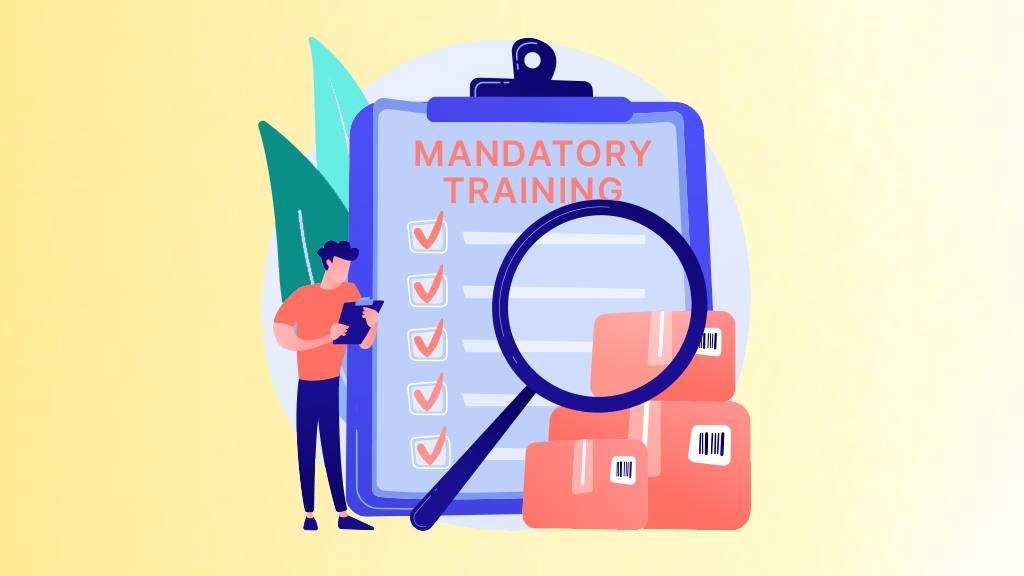Professional Standards
Moz suggests "that the professional standards detailed within the Code of Conduct for elected
Members should be revised to better align with best ethical standards and
practice in professional organisations outside the States Assembly and civil
service."
PPC responded:
"The Committee agrees that the Code of Conduct for elected Members needs to be
revised. The Committee has discussed this with the Commissioner for Standards who
will be sending a letter to the Committee with her suggestions for change in due course.... .
The Commissioner would like to see the professional standards aligned to codes of
conduct within other political systems. Given this view, the Committee would be
concerned if it were stipulated that standards would need to align with random
professional organisations"
Mandatory Training
Now it may be that States members do attend such training as that cited as a matter of course, and the PPC note that "the Committee has requested the States Greffe to record and publish attendance levels on all training sessions" is a good start, but for those involved in handling personal data, and having oversight of extensive funds, and (especially in education) connections with young people, I would say these are professional industry wide standards for large organisations which should be mandatory, and are not just those of "random professional organisations".
Moz suggests "that provision should be made within Standing Orders to make it mandatory
for all elected States Members to attend training relating to the Code of
Conduct and its interpretation"
PPC responded: "The Committee has recently discussed whether the Code of Conduct should include a
mechanism whereby some training packages are mandatory. This followed a number of
comments made by the Commissioner for Standards in her recent report highlighting
the importance of training for members: “Public life as an elected member requires
professionalism and high standards; in this respect, training (both formal and on-thejob) is essential”.
The Committee decided not to pursue this and agreed to explore alternative routes in the
first instance. In that regard, the Committee has requested the States Greffe to record
and publish attendance levels on all training sessions which the Committee hopes will
encourage greater turnout by members. Therefore, the Committee does not support this
part of the proposition."
Giving Substance to the Idea
I can think of three areas where training should be mandatory, and that should be included in the standards for States Members. In each case, I cite a public record of a case which illustrates where a States member could have done with training. This is very different from the vagaries of Moz Sdcott's proposition (which I think should be rejected in its current form) but highlights areas for improvement.
Data protection: This should be mandatory to ensure that States members do not breach Data protection. At least three States members have done so in the past, one in response to issues regarding housing where they either deliberately or inadvertently gave information which would identify a particular tenant. Training can help prevent breaches.
Data protection: This should be mandatory to ensure that States members do not breach Data protection. At least three States members have done so in the past, one in response to issues regarding housing where they either deliberately or inadvertently gave information which would identify a particular tenant. Training can help prevent breaches.
See:
Anti-Money laundering. Given that States members are, by virtue of their position as members of the States, counted as PEPs (Politically exposed persons), they should all have basic training in Anti-Money Laundering, and how to ensure they should act in relation to anything they suspect is money laundering.
See:
And certainly as mandatory for any States members in contact with young or vulnerable people, a basic training course in Safeguarding would well be advisable. Not illegal but certainly seen by many as inappropriate behaviour by a States member demonstrates a need for that.
See






































No comments:
Post a Comment